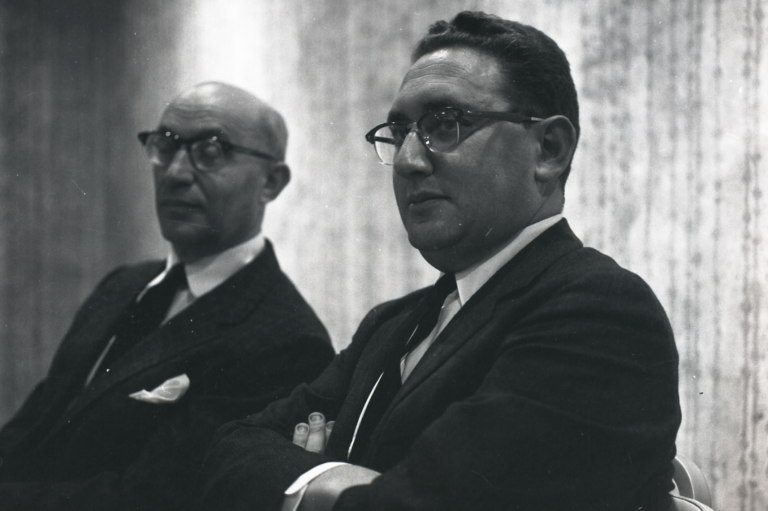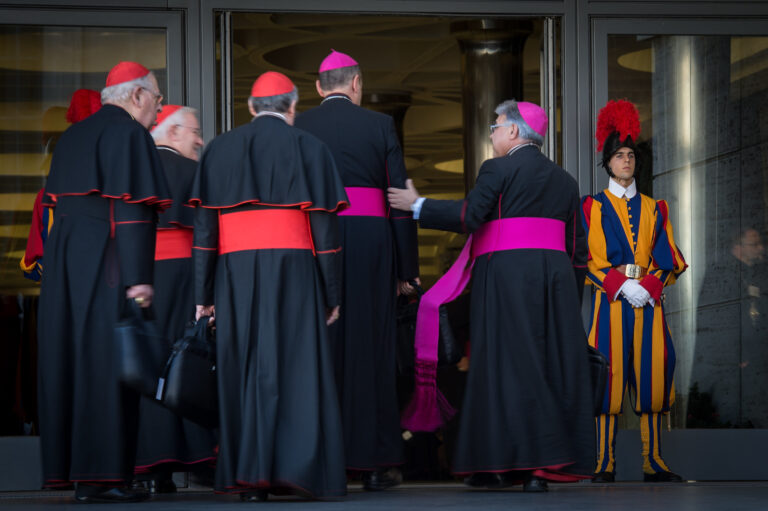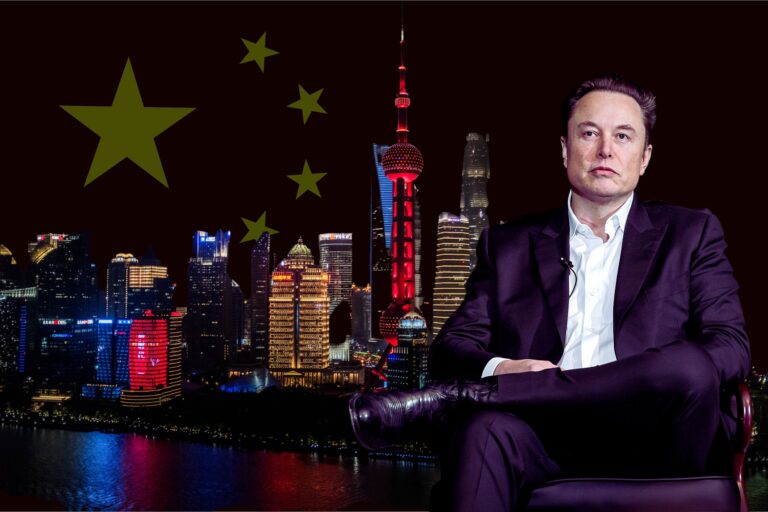Kyoto cocktails
The timing of the United States delegation’s press briefings, held at 7 p.m., daily miffed conference participants at the global warming summit in Kyoto, Japan in early December. Tired from their labors wrestling with the problems of controlling world population and shackling world industry with “greenhouse gas” emission restrictions, at that hour of the evening the delegates were eager to hit the banquet tables and the cocktail lounges set up for their feasting and imbibing, (Sumptuous eating and over-indulgent drinking have long been mainstays of the various UN conferences called to save the world from various imminent crises — see “Planet-savers pig out,” PRI Review, March/April 1997, 15.)
U.S. Environmental Protection Agency employee Bonner Cohen, editor of the agency’s EPA Watch, complained that the press briefings “are held during the very time that most of the receptions are held. Standing in the way of the cocktail hour — not to mention the free food — is no way for U.S. negotiators to endear themselves to other delegates and certainly qualifies as a diplomatic faux pas,” Cohen explained.
(Source: “Inside the Beltway,” The Washington Times, 4 December, A7.)
Koyoto accords to hit U.S. industry
Cheered on by the United States leading negotiator, Vice President Al Gore, the U.S. delegation to the Koyoto global warming conference signed on to an accord under which the United States agreed to reduce its output of “greenhouse gases” by 7 percent from 1990 levels. Most economists and industrial leaders say such a reduction would be near-impossible to obtain without dramatic increases in gasoline, oil and natural gas prices, accompanied by heavy taxation and stringent regulations upon all industrial activity. Such measures would probably lead to a recession, if not an outright depression.
And to what avail? With most of the world’s developing countries exempt from the accord, worldwide greenhouse gas emissions will continue to increase no matter how the industrialized world hobbles its economies to comply with the treaty.
Meanwhile, Al Gore, determined to run for president on an agenda to shut down America if necessary to save all the little salamanders, will continue living high-off-the-hog while asking the rest of us to be content with the life of the average Lower Slobbovian trash hauler. Gore, of course, would not have to give up anything. He will continue to have his posh limousines (which get 5 miles to the gallon of gas) that will continue to sit idling (and polluting) at the curb while he dashes in and out of various meetings and functions. He will still fly on Air Force 2 or in the first-class section of commercial planes; and he will continue to have his vice-president’s home (a mansion) and (he hopes) the White House itself.
As for the rest of us, Gore apparently believes we are so overwhelmed by the horrors of overpopulation and industrial pollution that we can be persuaded (if not forced) to give up our cars, our warm houses, our air conditioning, and maybe even our jobs for him. All so he can curry favor with the environmental-overpopulationists.
As the treaty stands, Russia, China and India, 3 of the leading emitters of CO2 (the main industrial greenhouse gas), are exempt from the treaty’s requirements. Although the Chinese and Indians have been asked to bind themselves to future reductions in their output of greenhouse gases, they yearn for the life we enjoy in the West, so they told Gore and company, thanks but no thanks, and get lost.
Indeed, early in the next century, China is projected to equal or exceed the United States (currently number one) in emitting greenhouse gases as its industrial base continues to rapidly expand.
Meanwhile, vice-president Gore, who would sign anything green, or even chartreuse, prattles on about Koyoto’s “historic agreement… [which] protects our climate while creating new opportunities for economic growth.” He didn’t say who those opportunities might be for, beyond the bankruptcy lawyers.
(Based on a column by Wesley Pruden, The Washington Times, 12 December, A4.)










